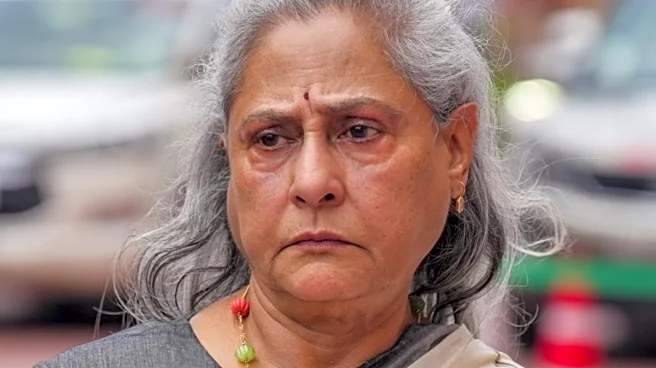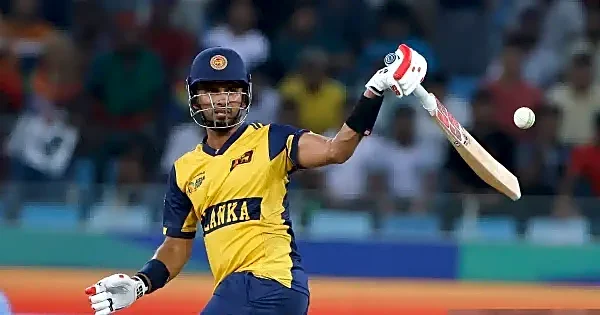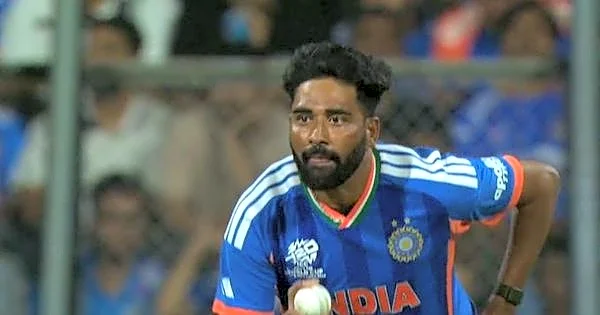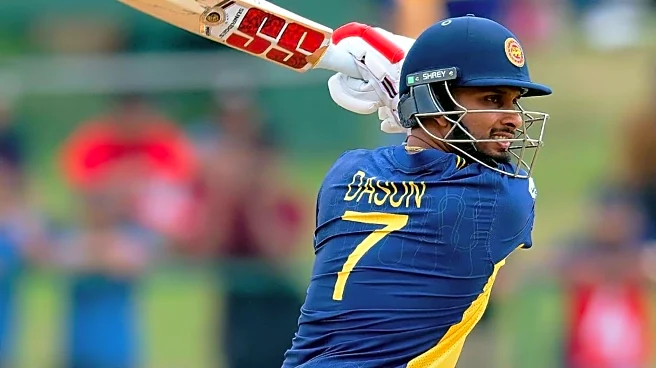The Delhi High Court has granted protection to actor and Rajya Sabha MP Jaya Bachchan’s personality rights, following her plea against the unauthorised use of her name, image, and likeness on digital platforms.
The order was issued on Monday, November 10, 2025, by Justice Manmeet Pritam Singh Arora.
Jaya Bachchan approached the court alleging that multiple social media accounts, YouTube channels, and websites were exploiting her identity for commercial purposes without consent. Her counsel informed the court that elements of her persona, including photographs and likeness, were being used in unauthorised merchandise and digital content. It was also pointed out that certain videos circulating online had been created using artificial intelligence to imitate her appearance.
Justice Arora noted the seriousness of these violations and stated that an order would be issued against the entities found infringing her rights. However, the court clarified it would not restrain a private seller offering posters of the 1973 film Abhimaan, featuring Jaya and Amitabh Bachchan, on Amazon, as those were legitimate reproductions tied to the film’s original release.
The ruling adds to a series of similar judicial interventions safeguarding celebrity identity rights. In previous cases, the Delhi High Court extended protection to members of the Bachchan family, including Amitabh Bachchan, Abhishek Bachchan, and Aishwarya Rai Bachchan. The Bombay High Court has also passed comparable orders for public figures such as Amitabh Bachchan, Aishwarya Rai Bachchan, Abhishek Bachchan, Karan Johar, Rishab Shetty, and Akkineni Nagarjuna. Earlier this month, the same protection was extended to veteran singer Asha Bhosle, restraining misuse of her name, image, and AI-generated voice simulations.
Personality rights allow individuals to control how their identity is commercially or publicly used. They safeguard personal attributes such as name, image, voice, and signature from unauthorised exploitation. These rights encompass two major areas — the Right to Publicity, which prevents commercial misuse without consent, and the Right to Privacy, which guards against violations like deepfakes, manipulated visuals, and false endorsements.











/images/ppid_a911dc6a-image-177088105837360575.webp)

/images/ppid_a911dc6a-image-177088102480749256.webp)
/images/ppid_a911dc6a-image-177088109440221446.webp)
/images/ppid_a911dc6a-image-177088108433540521.webp)